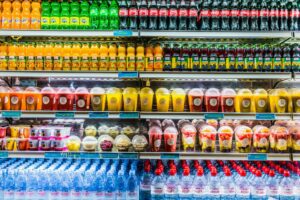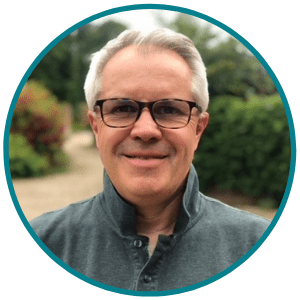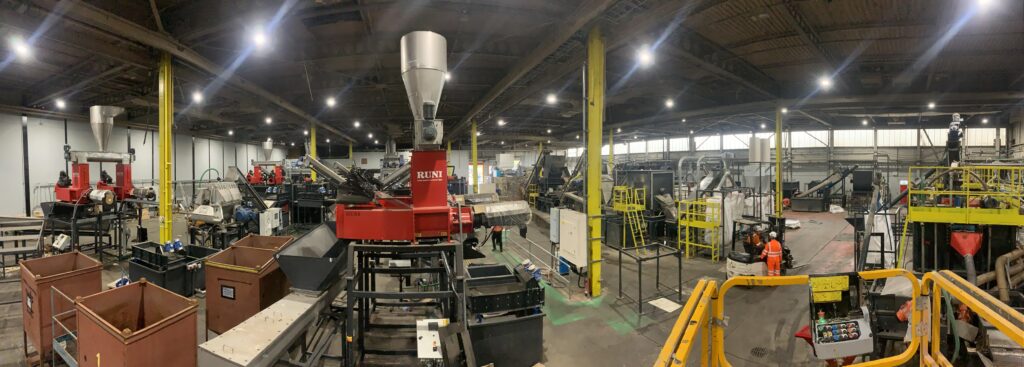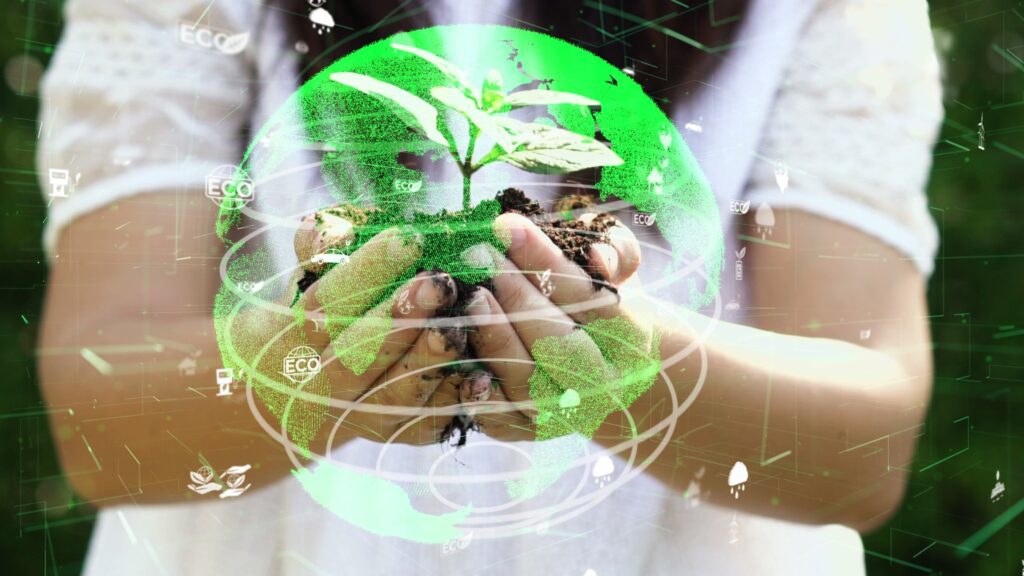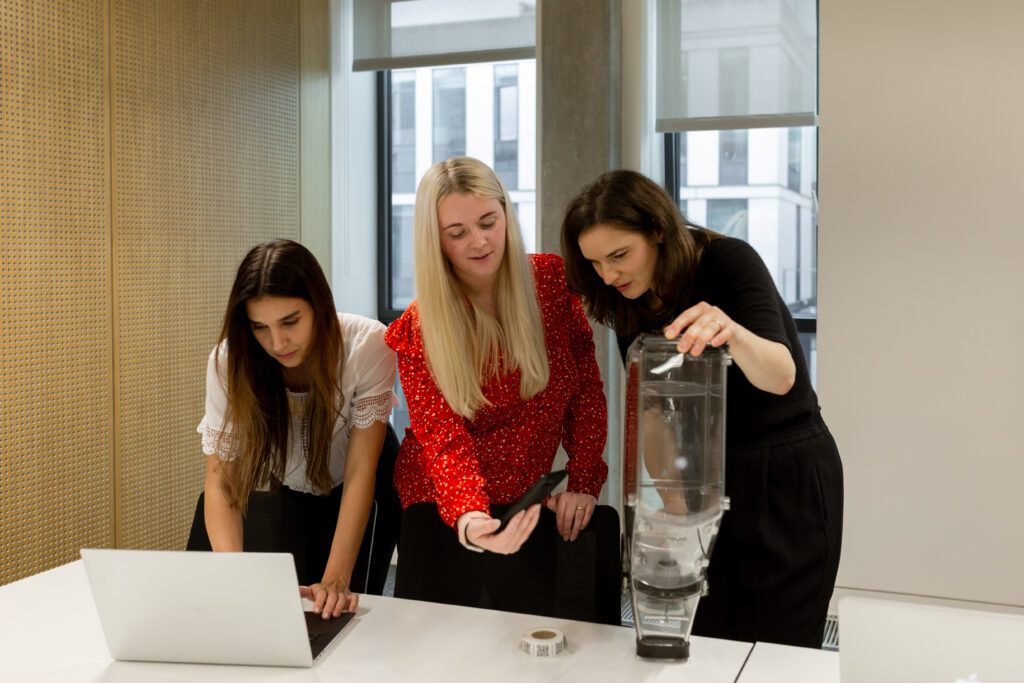About the project
A new industrial process to tackle plastic packaging pollution turns waste plastic back into hydrocarbons that can be used again.
Plastic is a miracle material, but some forms of plastic packaging are hard to recycle and have left a legacy of widespread pollution. Each year, approximately 8 million tonnes of plastic ends up in the ocean. As well as being harmful to the environment, this also represents a huge waste of resources.
It is estimated that only 14% of global plastic packaging material is collected for recycling, but a UKRI-backed firm, ReNew ELP, has found a way of taking waste plastic and converting it into a useful raw material for manufacturers.
Dr Geoff Brighty, the company’s Non-Executive Director, said:
“We see end-of-life plastic not as a problem that must be buried or burned at the expense of the natural world, but as a resource that can be recovered and reused, contributing to a low-carbon, plastic neutral and sustainable future.”
To do this ReNew ELP is developing the world’s first site to use the hydrothermal upgrading process HydroPRS™, an advanced plastic recycling system. HydroPRS™ can convert any plastic – even difficult to recycle plastic packaging formats such as flexible and multi-layered films – into the shorter chain hydrocarbons that are the basis for new plastics and other products.
The process works by mixing plastic with water at supercritical conditions prior to passing through the HyrdroPRS™ reactors. Finally, the mixture is depressurized and the products are separated then stored until required by manufacturers.
By recycling back to hydrocarbons, these products could be used for food-grade applications, a limitation for most mechanical recycled plastics, due to concerns over food contamination.
The project, led by ReNew ELP, received £4.4 million in funding via the Industrial Strategy Challenge Fund’s Smart Sustainable Plastic Packaging challenge. The firm is currently building a commercial-scale plant in Teesside, where it aims to process up to 80,000 tonnes of waste plastic each year.
Dr Geoff Brighty said:
“Government funding has been a huge support. Not only has it enabled us to move forward rapidly with the construction of our plant, engineering procurement and project management, but it has also helped de-risk the project and attract other investors.
“More than that, the partnership with UKRI has brought about collaboration with new stakeholders including University of Warwick Manufacturing Group, whilst helping to raise awareness of our operation and this developing chemical processing sector to regulators. Strategically, that’s been massive for us.
“Our new plant represents a new beginning for the former chemical manufacturing area in Redcar and I hope a renaissance for the area. With the recent announcements of investment in Teesside, including the Freeport, we are at the beginning of a green revolution in the North East.”
Paul Davidson, Challenge Director for the Smart Sustainable Plastic Packaging challenge said:
“Plastic waste is one of the biggest threats to our environment, which is why the UK government is committed to funding technologies that ensure more materials can be reused and recycled instead of being sent to landfill, incinerated, or ending up in our oceans. UKRI’s Smart Sustainable Plastic Packaging Demonstrator programme is supporting ReNew ELP’s plastic advanced recycling plant at Wilton, helping to take it from pilot to commercial scale and accelerating delivery. We are delighted to support such a ground-breaking project.”


